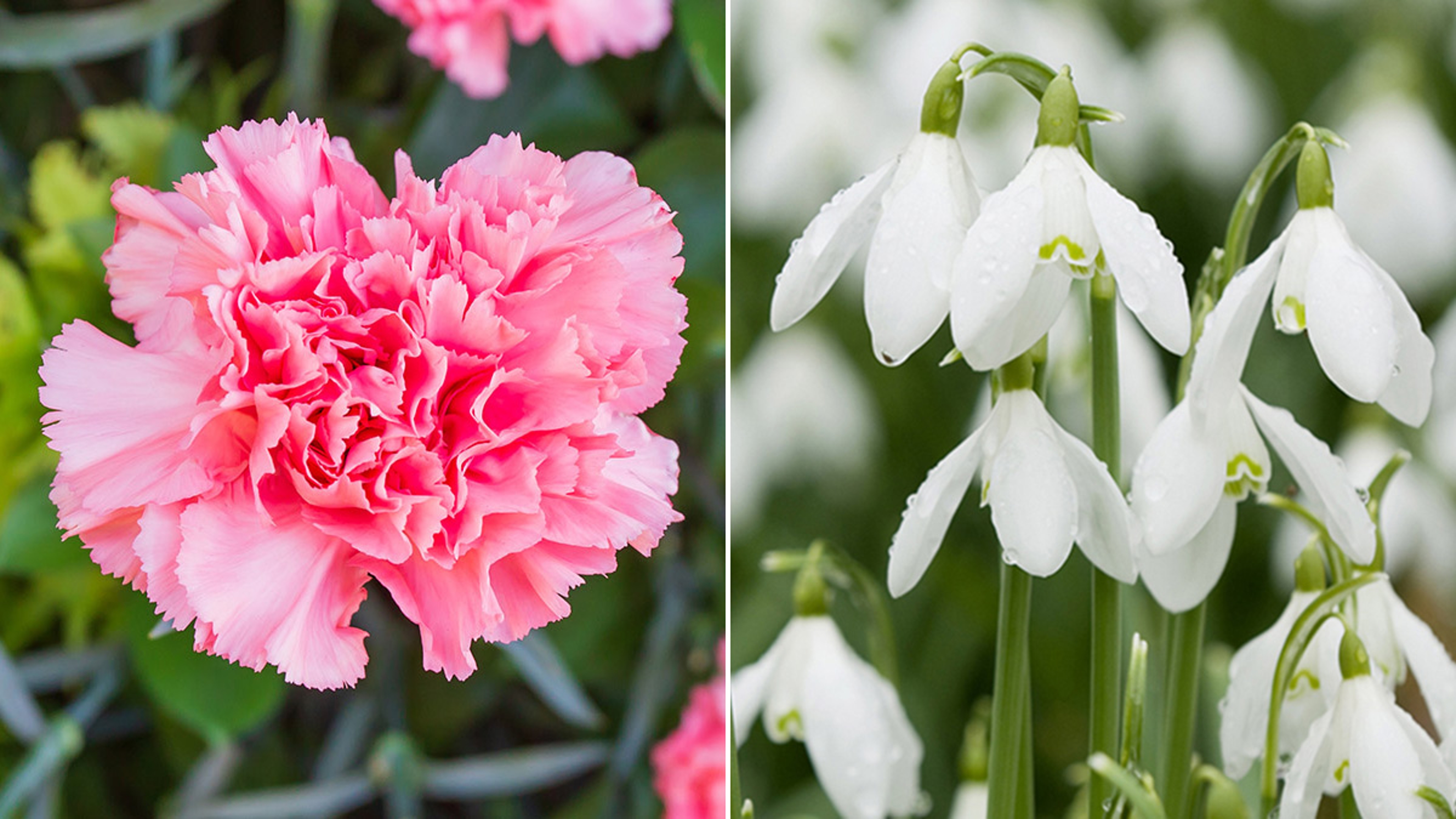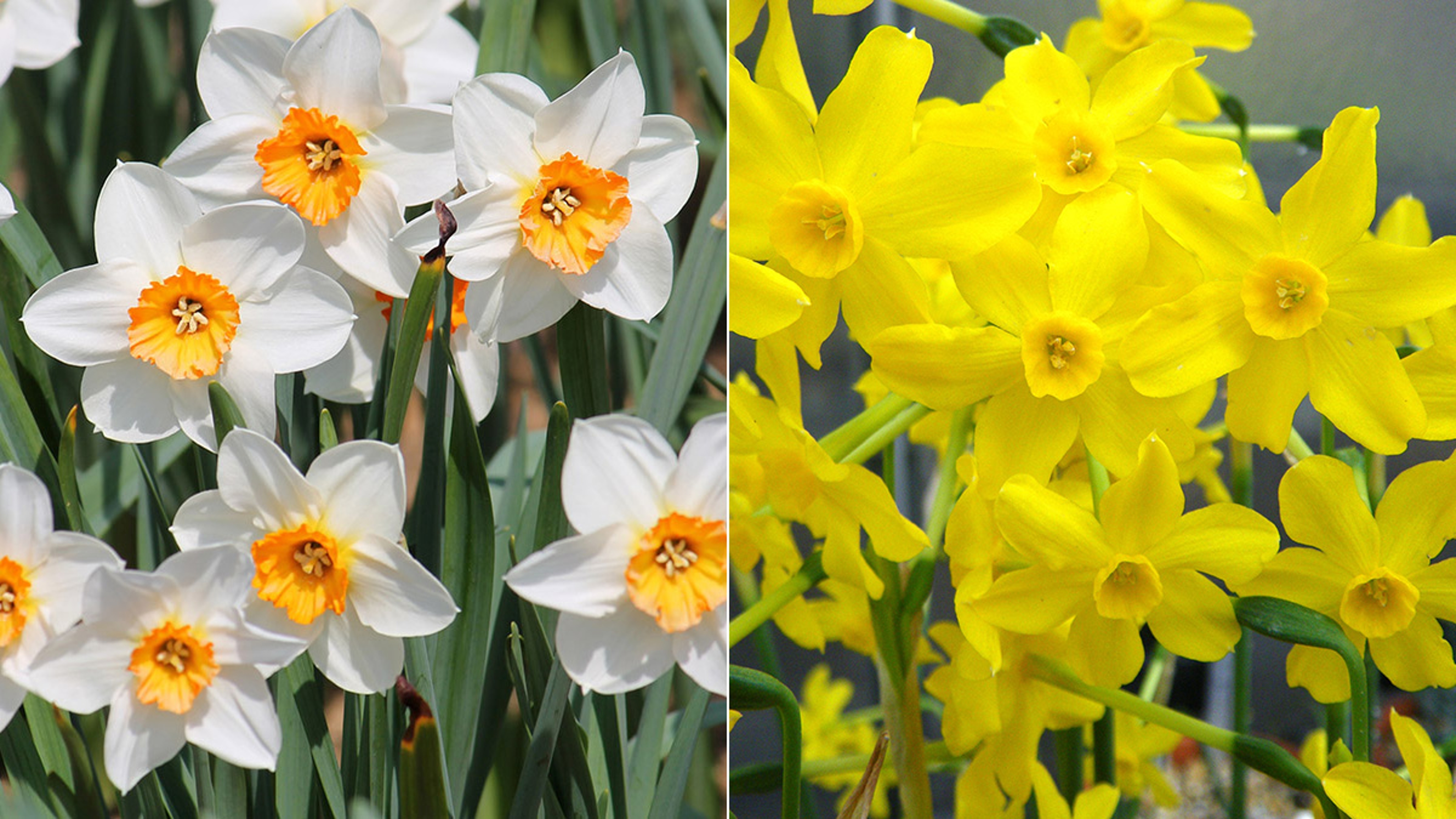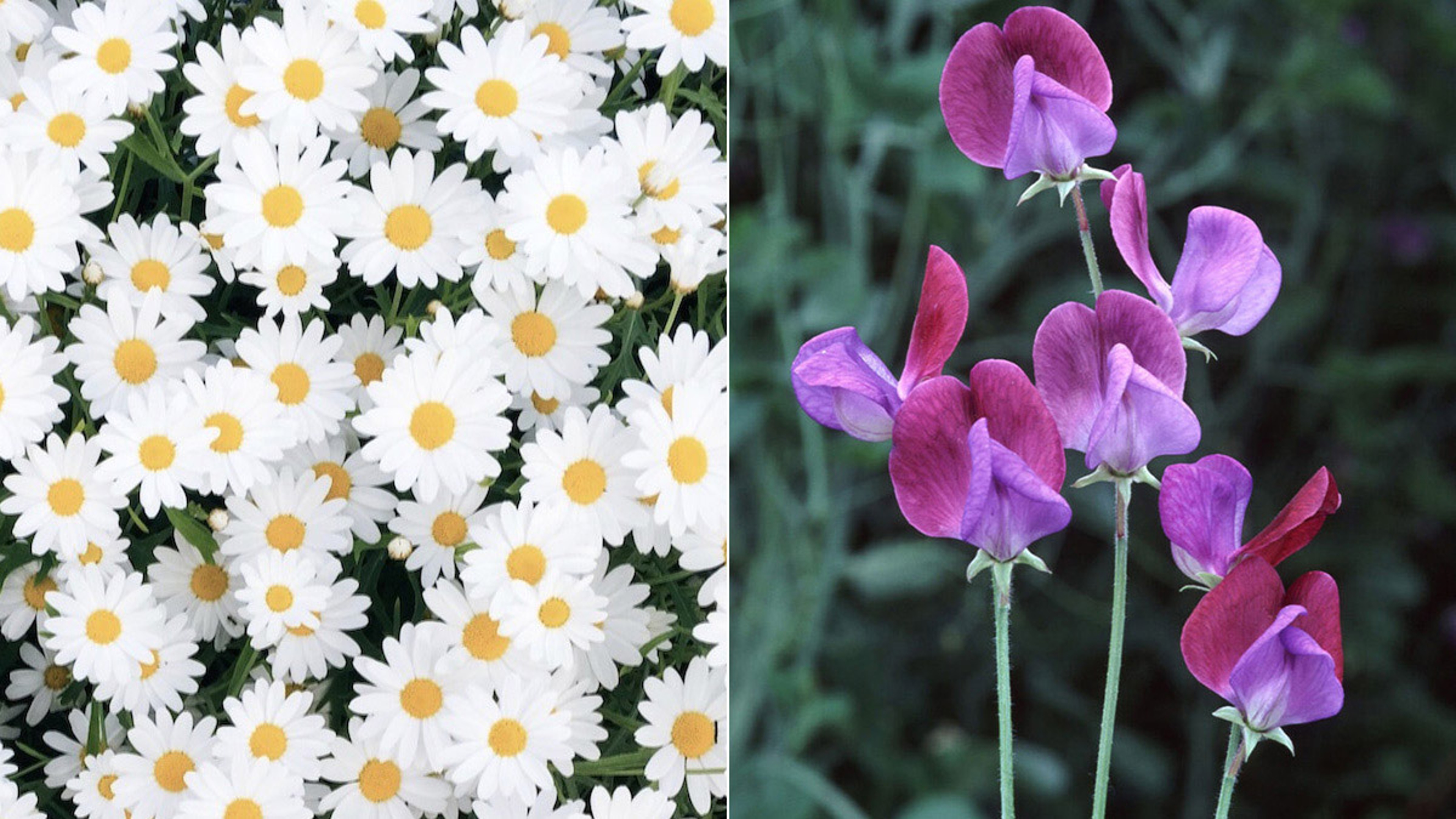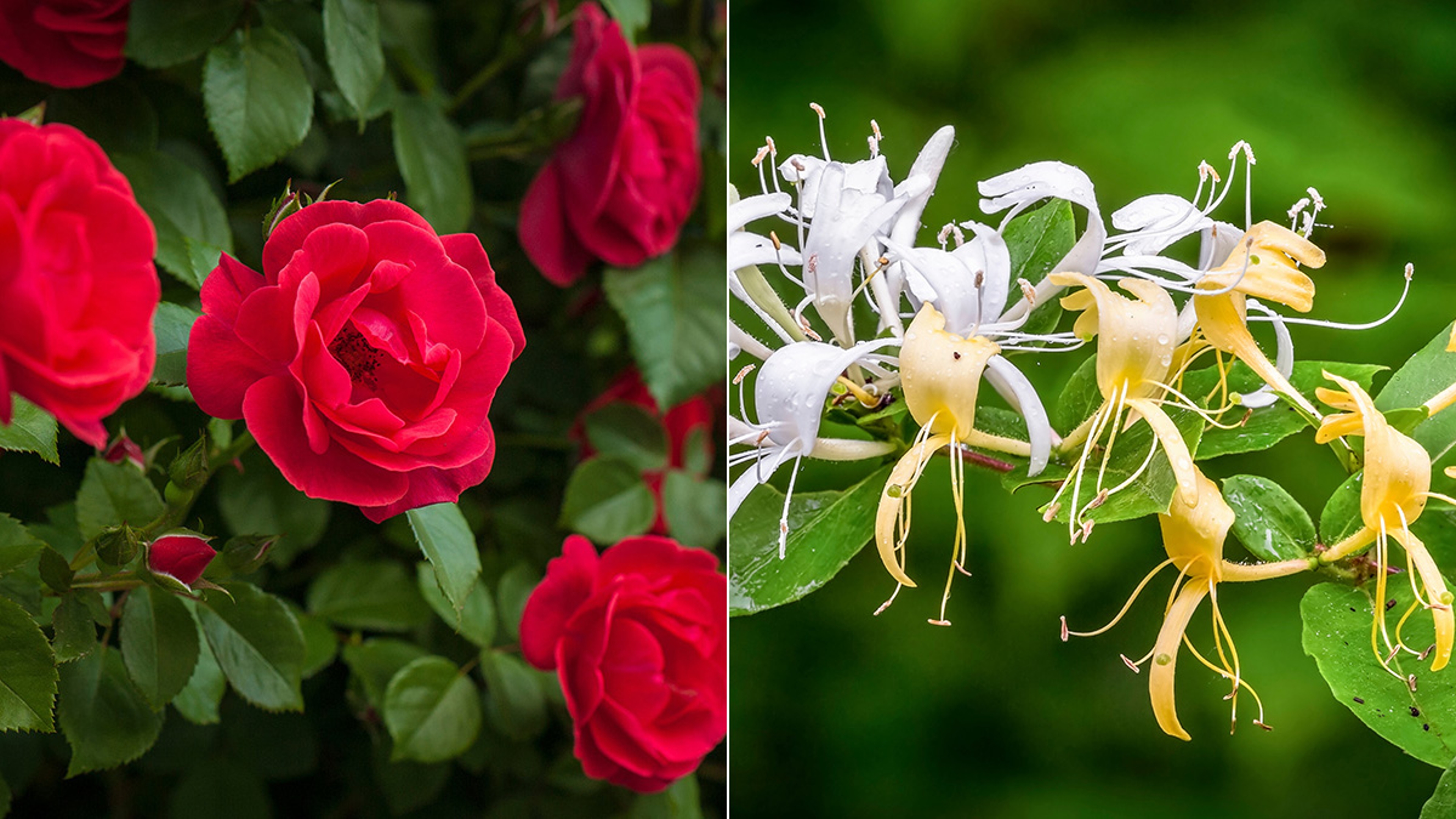October’s Birth Flowers: All About the Marigold and Cosmos
These brightly colored beauties embody the spirit of fall, and everything the season stands for.
Sep 27, 2023
As October ushers in the beauty of autumn, it brings with it two vibrant birth flowers. These blooms come in an array of colors and are known to embody beauty, warmth, and tranquility — perfect for the month, and the fall season as a whole.
Whether it's their vivid hues, which symbolize love and light, or their delicate blossoms that give off a sense of harmony and order, these flowers help us ring in the season of change with open hearts and gardens adorned with their welcome presence.
What are October's birth flowers?
October has two birth flowers: the marigold and cosmos.

Marigolds (Tagetes) are cheerful and versatile flowers known for their striking colors and distinctive aroma. They belong to the Asteraceae family and are native to the Americas, although they have been cultivated worldwide for their ornamental and medicinal qualities. With colors ranging from vibrant oranges to yellows and reds, marigolds are a true testament to the beauty of autumn.
Cosmos (Cosmos bipinnatus) are delicate, daisy-like flowers that add an air of elegance to any garden or bouquet. Originating from Mexico, these flowers come in an array of bright colors, including pink, white, magenta, and purple. Their slender stems and feathery foliage give them a graceful appearance.
What does the marigold mean?
Marigolds are often associated with warmth, love, and passion. Their vibrant colors are reminiscent of the sun's rays, representing positivity and joy. In the language of flowers, marigolds can convey messages of comfort, remembrance, and the lasting bond between two people.
The Aztecs valued marigolds for their religious and healing purposes, using them in rituals and as herbal remedies. They were also associated with the sun god and considered symbols of light and protection. In Mexican culture, marigolds play a significant role in the Día de los Muertos (Day of the Dead) celebrations, where they are used to honor and remember late loved ones.
Marigold care tips
Caring for marigolds is relatively straightforward. Ensure the health and beauty of these flowers by following these basic care tips.

- Sun exposure: Marigolds thrive in full sun, so make sure they receive at least six hours of sunlight a day.
- Watering: Keep the soil consistently moist but not waterlogged. Allow the top inch of soil to dry between waterings.
- Soil: Use well-drained soil to prevent waterlogging and root rot.
- Deadheading: Regularly remove marigolds' faded blooms to encourage continuous flowering.
- Fertilization: Use a balanced, all-purpose fertilizer every 4 to 6 weeks to promote healthy growth and vibrant blooms.
3 interesting facts about marigolds
- Marigolds are known for their natural pest-repelling properties, making them a popular choice in companion planting with vegetable gardens.
- Marigold extracts are used in various skincare products because of the flower's anti-inflammatory and healing qualities.
- Marigold petals are eatable and can be used to add color and flavor to salads, soups, and drinks.
What are the best October flower gifts?
Check out these wonderful gift options that highlight the October birth flowers.
What does the cosmos mean?
Cosmos is often linked to harmony, balance, and tranquility. Its delicate appearance and serene colors evoke a sense of calmness and serenity. These flowers are also seen as symbols of order, love, and the beauty that emerges from well-organized chaos.
The name "cosmos" is derived from the Greek word for "harmony" or "ordered universe." Cosmos flowers have a strong association with love and peace. In the Victorian era, giving cosmos to someone conveyed the message of modesty and a sincere declaration of love.
Cosmos care tips
Caring for cosmos requires minimal effort. Follow these care tips to help your flowers thrive.

- Sunlight: Cosmos do best in full sun. Plant them in a spot that gets at least 6 to 8 hours of sunlight a day.
- Watering: Water your cosmos regularly, aiming to keep the soil evenly moist but not waterlogged.
- Soil: Well-drained soil is crucial to prevent root rot in cosmos.
- Deadheading: Regularly remove cosmos' spent blooms to encourage continuous flowering.
- Spacing: Provide enough spacing between cosmos plants to ensure good air circulation and prevent diseases.
3 interesting facts about cosmos
- Cosmos flowers are known to attract butterflies, bees, and other pollinators to a garden.
- These flowers are traditionally given as a second wedding anniversary gift, as their striking beauty embodies the intense love of a young marriage.
- Cosmos petals are eatable and can be used as garnishes or infused in teas.


















